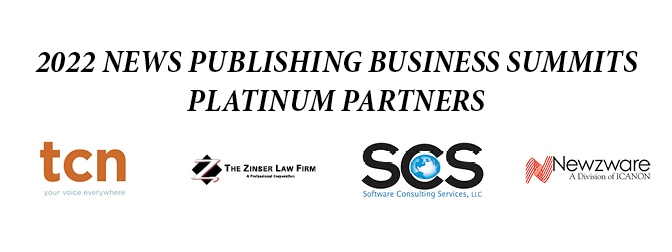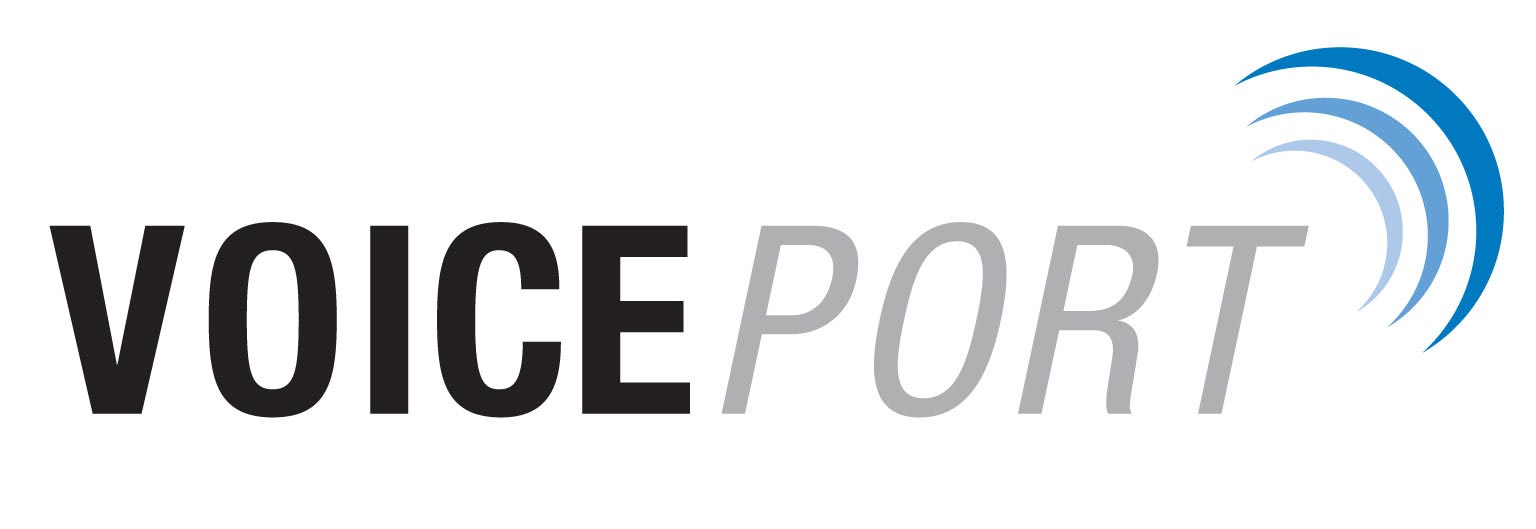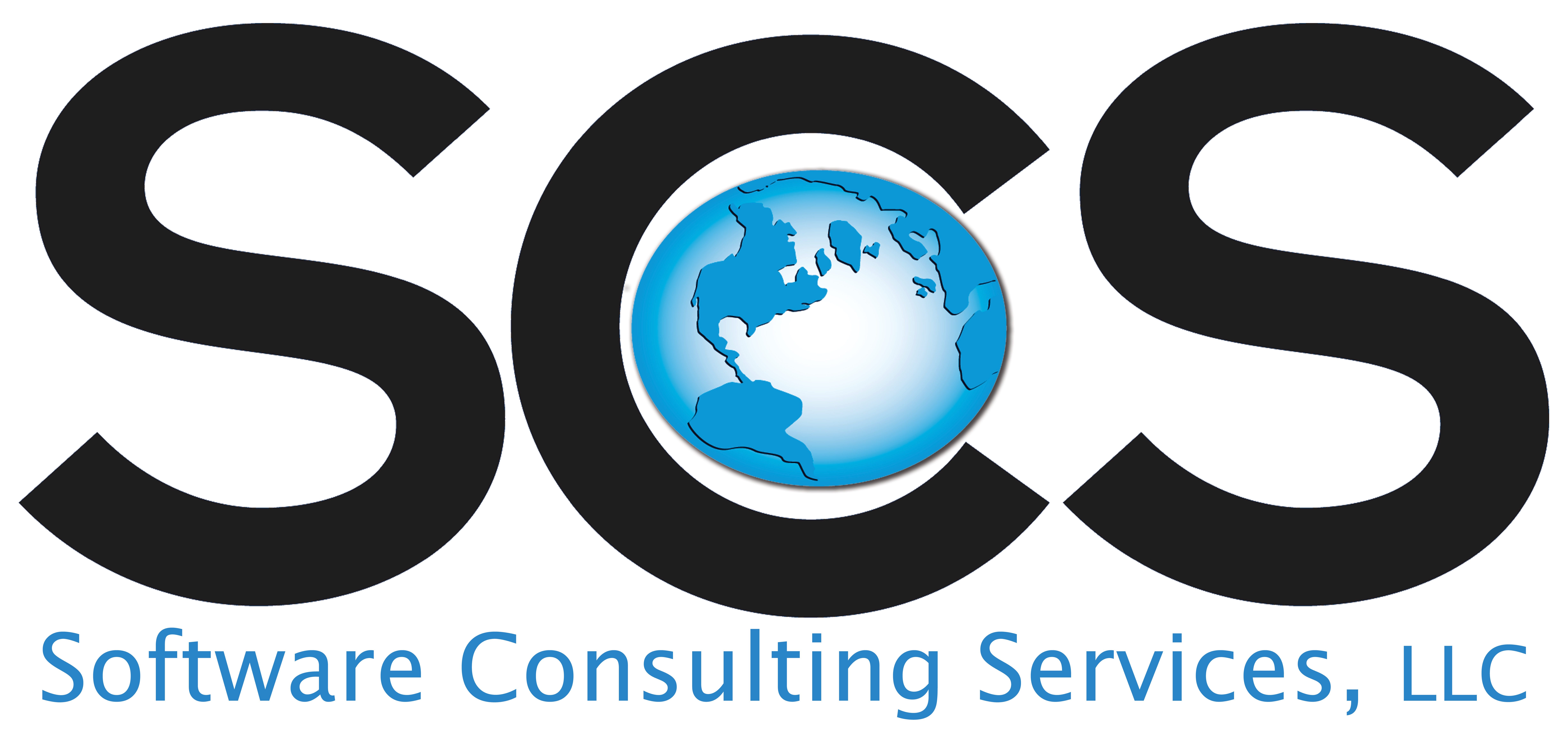Hope is not a Viable Business Strategy!
Pooja Agnihotri, said “Fighting a change and clinging to the same old ways of doing things have never proved to be productive for anyone – you or your customers. We have all known businesses that failed. They had big dreams, great work ethic and small budgets. They hadn’t budgeted marketing and hoped word of mouth would spur business growth. They hoped great customer service would set them apart. They hoped the affordable, out of the way business location would still attract customers. They had the passion and hoped hard work and a great attitude would overcome the expected obstacles normally encountered. In short, far too many hopes, poor planning and lack of community support.
When the dust settled, they learned through the school of hard knocks, hope really makes a poor business strategy. It takes far more than hope, hard work and perseverance to succeed. While every community with a truly local mindset will try and support local business, it isn’t only the community’s job to assure new businesses succeed. Many businesses lack many of the skillsets and funds needed before they even get started. That said, it is in a community’s best interest to provide a winning business climate, and support networks that increase the odds of success for new or expanding business owners.
Expanding and forward-thinking communities understand this very well. What are the best practices communities can employ to further create an innovative and entrepreneurial mindset throughout their community? First, and foremost, create a hyper-local state of mind throughout the community. Forward-thinking communities have embraced this concept from the top down. They would never consider a government purchase outside of the boundaries of their community before exploring all hyper-local options. Every tax dollar kept local benefits the city many times over.
Secondly, they create networks that support local business development. The more unique the local business community is, the more it conveys the vibrancy needed to foster further growth. While we all want large employers or manufacturers to come to town, the reality is that communities can have equal results one new local business at a time. Ten new businesses with five employees opening each year will equal one 250 employee business moving to town every five years. Additionally, local businesses need fewer tax breaks, fewer amenities, and are more active in the community.
Thirdly, communities can work with businesses to meet some local demands not currently filled by local businesses. Helping to support local steakhouses, entertainment, various retailer services are great starts. Not every business idea make sense for every community, knowing the kinds of businesses needed can be helpful as you seek to expand your community. Often, community leaders court national chains with their track record of success to fill their needs. Doing this comes at the expense of your local entrepreneurs able to fulfill those needs with a little push and assistance to meet those same demands. Local restaurants, entertainment and retail with a unique flavor always draw better than chains.
Lastly, we’ve mentioned on more than one occasion developing a tourist mentality is critical. Most communities can attract tourists through unique events or destination marketing. Communities must view each new tourist as $1000 walking into your community to spend money now. View each hundred tourists as $100,000 walking into your community. Communities often overlook this most basic and logical way to foster growth and development. Communities need not be New York, Chicago, Branson or a spring training site of MLB to draw tourism. Today, tourists are staying closer to home seeking unique attractions, unique events, unique downtowns, unique retail experiences and in short –something unique and outside the norm. Find your unique niche, build upon it and then let the world know. You will be amazed!
These certainly aren’t the only things a community can do to battle the economic woes so many small and mid-sized communities face. These are simply basic ideas every community can start building their foundation with. Communities doing all the above and those local things unique to their area will find a way. They will find a way because doing all the above, show they are willing to do what it takes to win. Make no mistake, this is a high stakes competition, there are winners and losers –which side will your community line up on?
John Newby, Pineville, MO. is a nationally recognized publisher, community, business & media consultant, and speaker. He authors “Building Main Street, not Wall Street,” a column appearing in 50+ communities. The founder of Truly-Local, dedicated to assisting communities create excitement, energy, and combining synergies with local media to become more vibrant and competitive. His email is: info@Truly-Localllc.com.

















